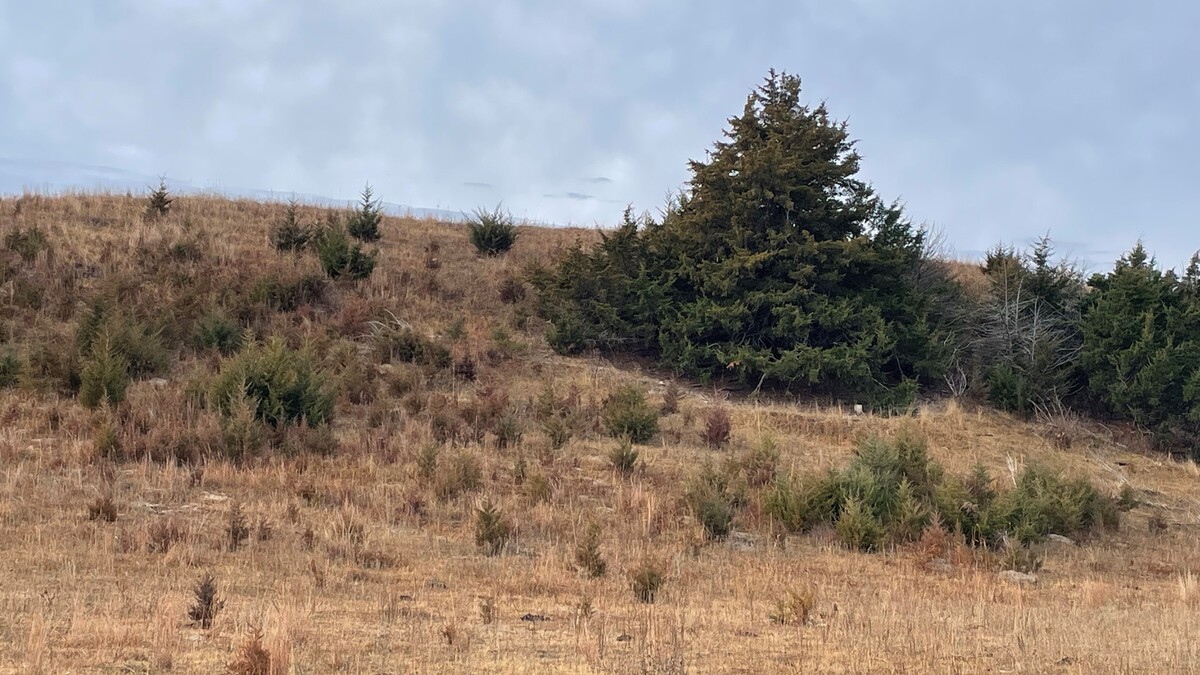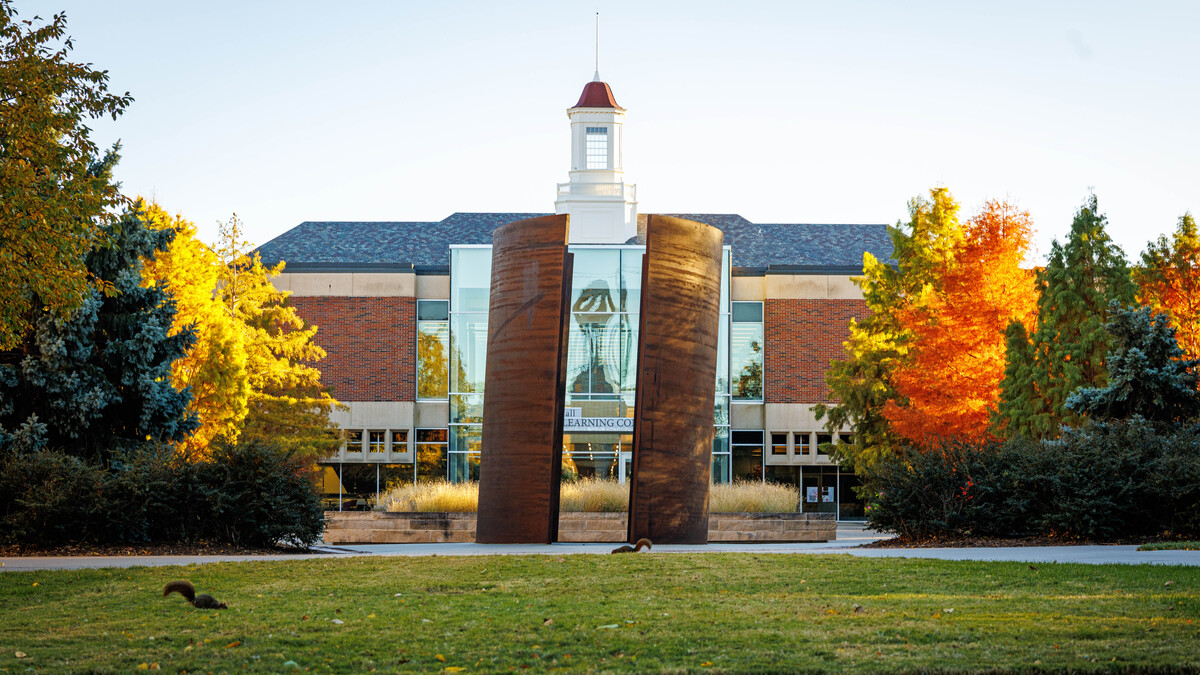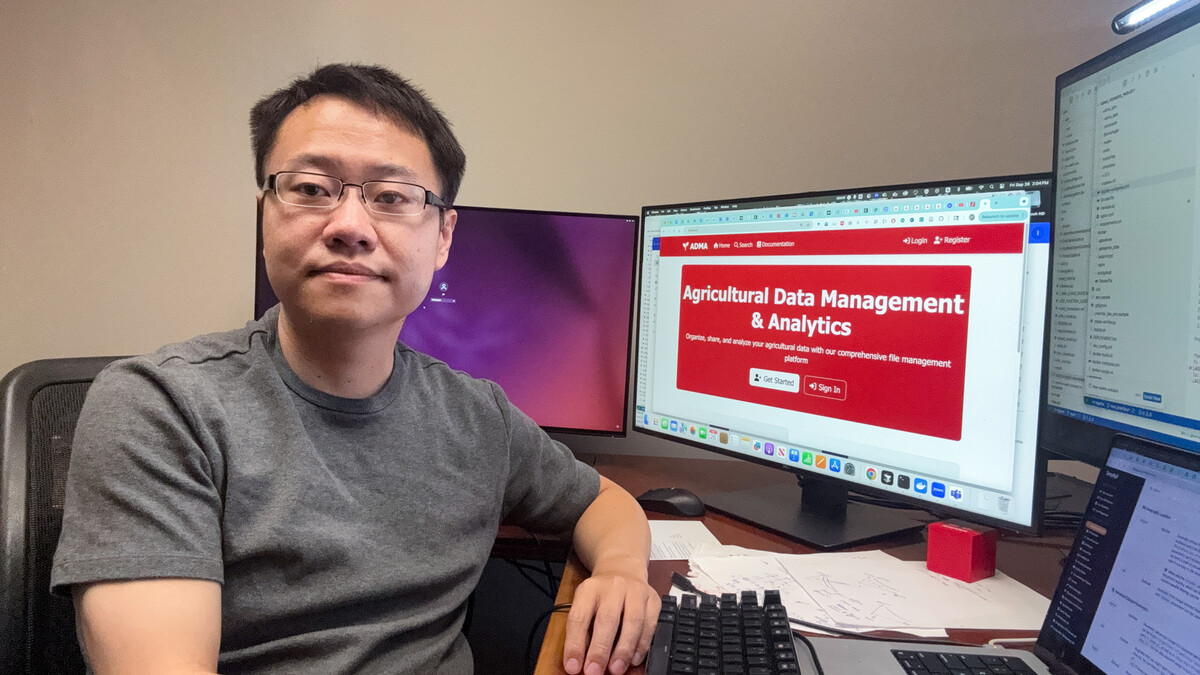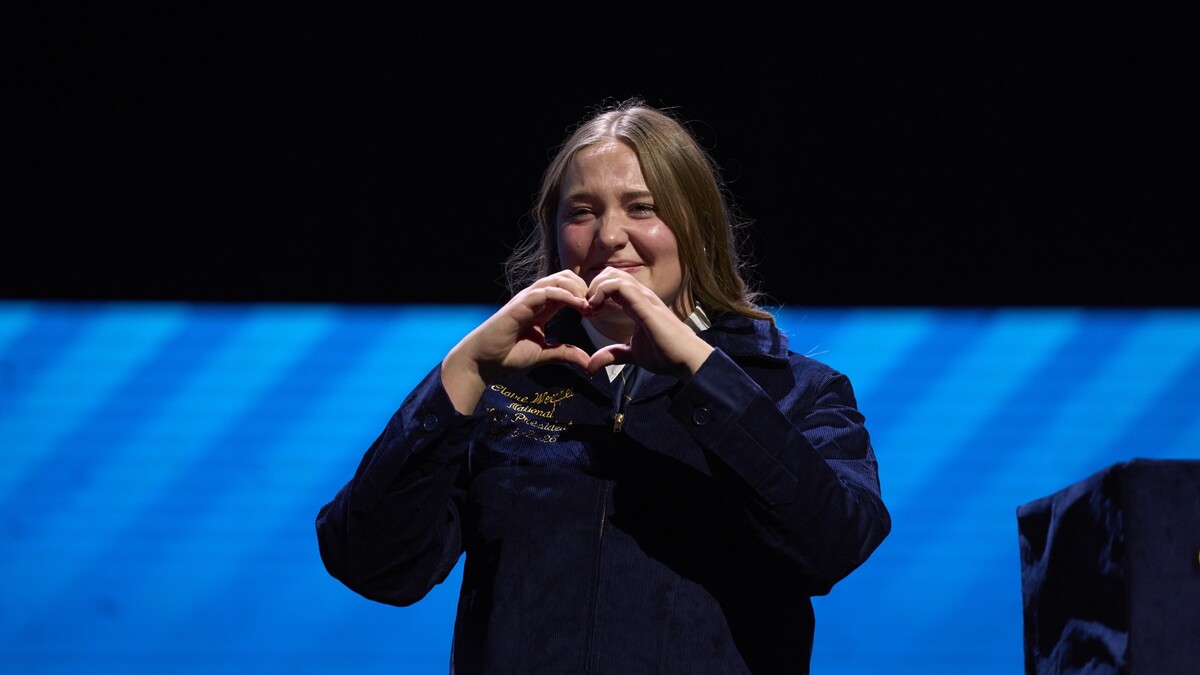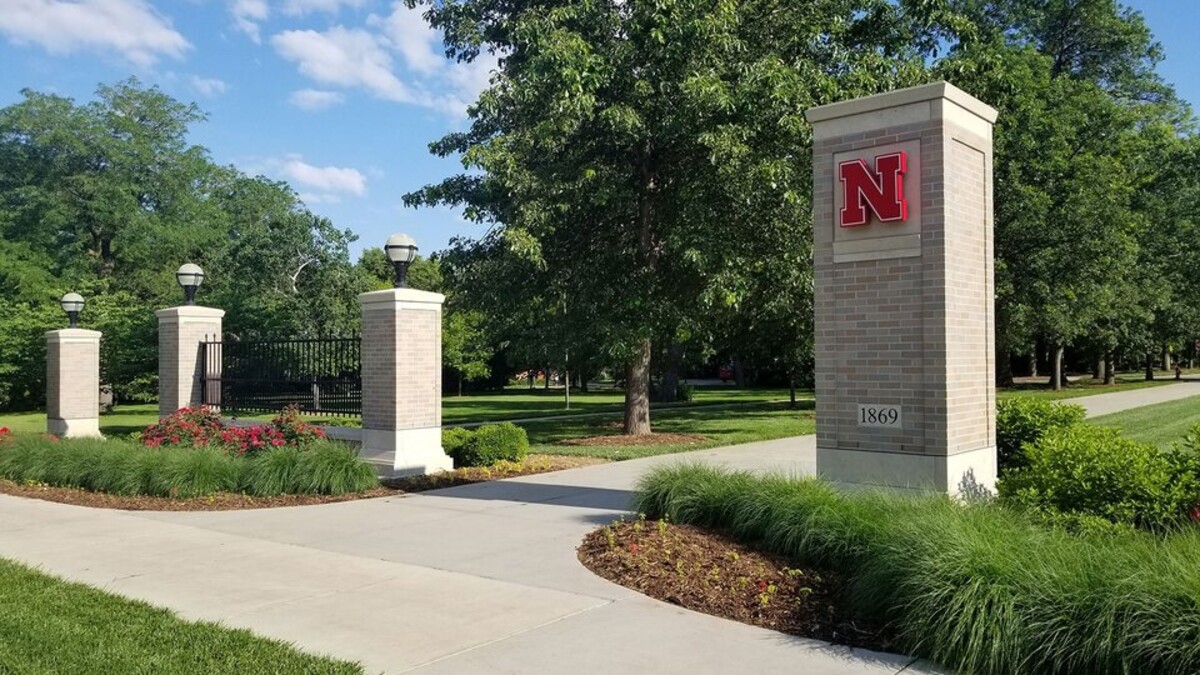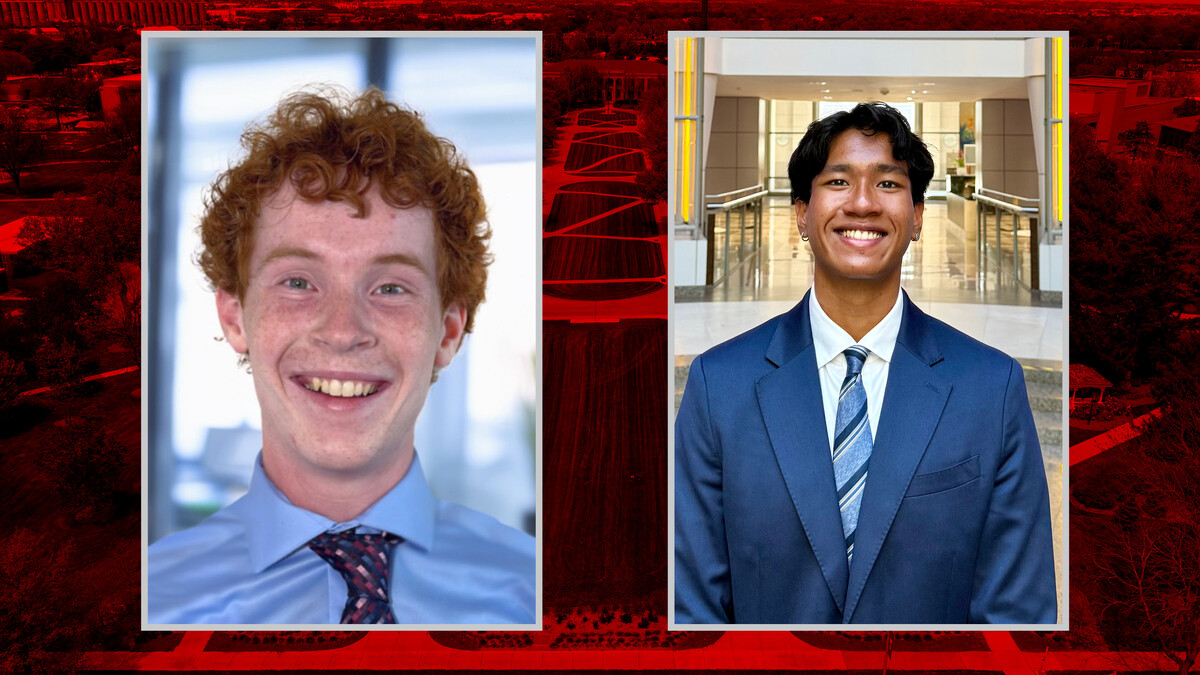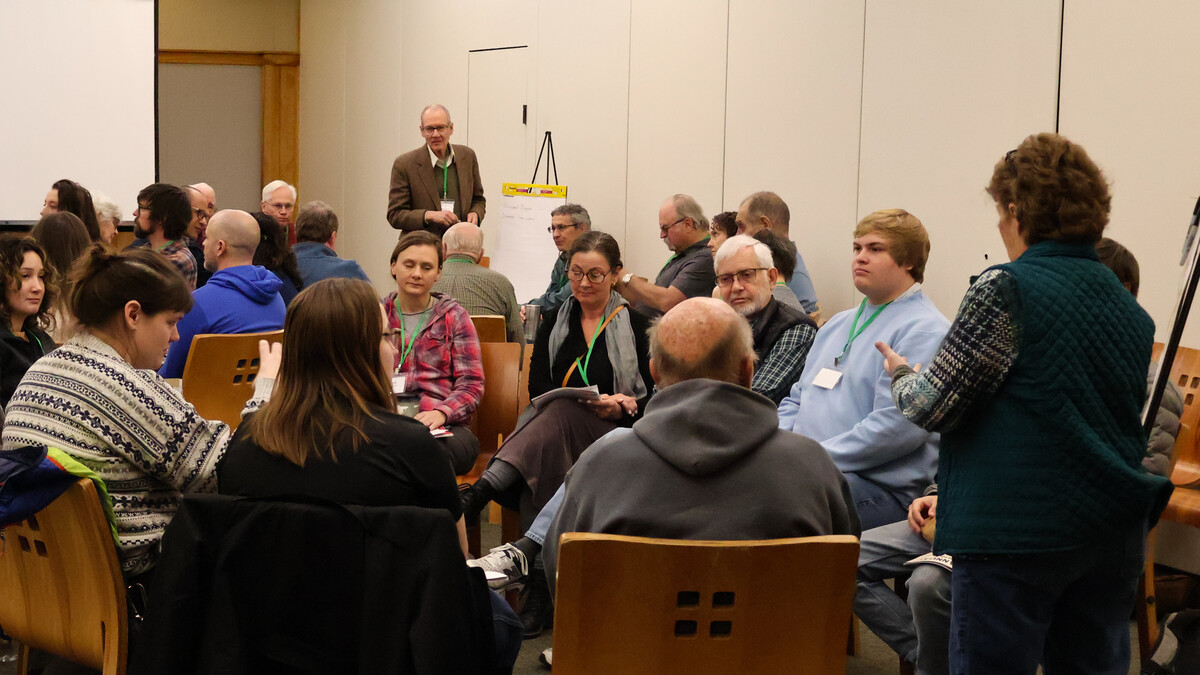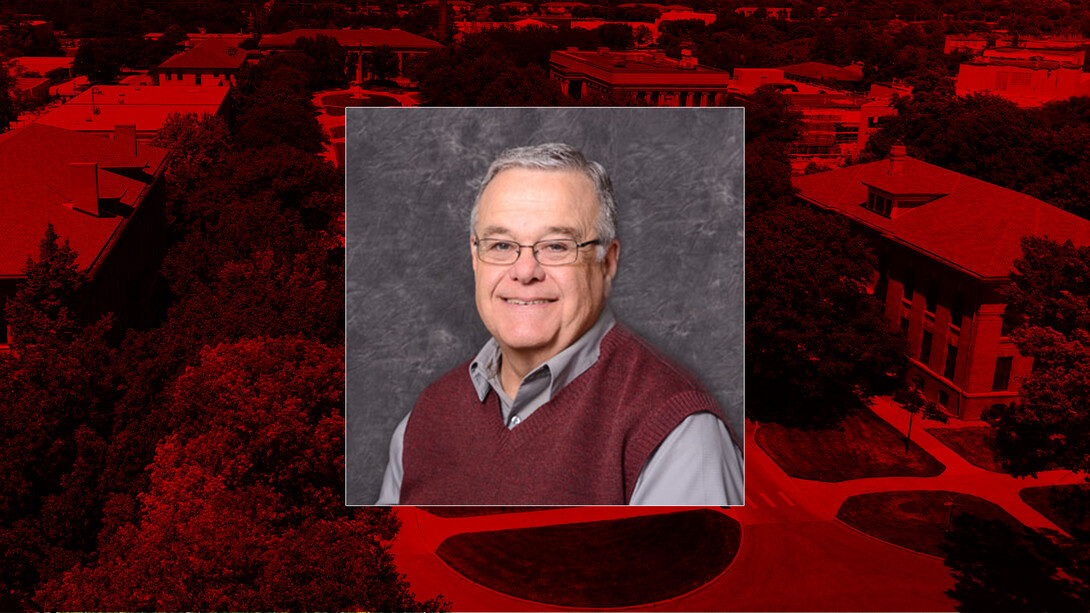
Lincoln, Neb. —Dr. Lloyd Bell, emeritus professor in the Department of Agricultural Leadership, Education and Communication, has announced his retirement after a 45-year career at the University of Nebraska-Lincoln.
Throughout his career in Agricultural Education, Bell received numerous teaching awards, including the NU Outstanding Teaching and Instructional Creativity award, which is the highest award in the NU system for teaching excellence. Dr. Mark Balschweid, head of the Department of Agricultural Leadership, Education and Communication, remarks on the impact Bell has had in his over 40-year tenure at the University of Nebraska – Lincoln.
“Dr. Bell is deeply committed to practicing and promoting high quality teaching.” Balschweid reflects, “When you combine his efforts in teaching undergraduate pre-service teachers, providing professional development for in-service teachers, and his one-on-one efforts with provisional certification teachers and those engaged in transition to teaching programs – he has taught every one of Nebraska’s current 230 agricultural education teachers.”
“Simply put, I don’t know of another educator who directly or indirectly influences so many Nebraska youth than Lloyd Bell,” said Balschweid
How and when did your career at Nebraska begin?
I began my career at the University of Nebraska in 1979 as a graduate student instructor being able to complete my master’s degree in agricultural education, while teaching and assisting with undergraduate classes, advising undergraduate students, and coordinating the Nebraska vocational agriculture contests, and in-service instruction for secondary agricultural instructors. I continued and completed an interdepartmental doctoral program of administration, curriculum and instruction in 1984 from the Graduate School of the University of Nebraska. Thereafter, I assumed an assistant professor appointment within the Department of Agricultural Education.
What do you consider your biggest achievement?
When reflecting on the breadth of a career, it’s difficult to distinguish achievements as most significant. So much of what might be called achievement is a result of engagement and collaboration with others. In my estimation, my biggest achievement has been being able to recognize the will of God in my life and to act upon those opportunities for myself, my family and the benefit of others. As a first-generation college student and graduate, an achievement I singularly value is following through and completing that opportunity given me by my family (parents).
What changes have you witnessed relating to Ag Ed/ALEC/CASNR over the years?
During my career the greatest change has occurred within the confine of the ALEC department. Originally, the department’s primary mission was the endorsement preparation of secondary agricultural education instructors and their professional graduate development. Within the time span of 1979 to the present that mission has enlarged in the development of human potential to include leadership education, skilled and technical science education, agricultural and environmental sciences communication, and hospitality, restaurant and tourism management. With this change, the scholarship diversity of the faculty and student enrollment, both graduate as well as undergraduate, has broadened the academic contribution of ALEC within CASNR and UNL.
Specifically, within the area of agricultural education, the number of Nebraska secondary programs served has grown from approximately 123 to 200. This sharp increase of demand has resulted in a substantial increase of undergraduate enrollment to over 100 and enlarged the unit’s endorsement role to include the provisional preparation of teachers. During this time of unprecedented growth, the importance of high touch individual faculty advisement and career mentoring has been sustained and enhanced. The advent of the Master’s of Applied Science within CASNR has increased the accessibility of graduate education to a greater breadth of agricultural education teachers.
What are some of your favorite memories?
Without doubt, my favorite and most enjoyable times occurred just prior to classes beginning each morning when I had time to visit with students as they began to arrive. Another favorite time was during individual student advisement sessions when I could listen and dialogue with students about their experiences, concerns and plans for their careers as agricultural educators.
In education there is no high to compare with the afterglow of a well presented and received lecture. The indication of student interest through questioning, intensity of thought conveyed through their non-verbal engagement, and transfer of learning through the affective domain creates an unparalleled atmosphere of learning; truly creating favorite memories.
Other favorite memories include the opportunities to serve the agricultural education profession at a regional and national level. I enjoyed the opportunity to meet and form relationships with other teacher educators from across the US and to influence curriculum and policy development within the profession.
What message(s) do you have for UNL/CASNR/ALEC community?
Never lose sight of the land-grant mission of the institution. Within an undeniable global community, our first responsibility is to be responsive to the needs and knowledge application of the people of Nebraska. The strong connection between the University of Nebraska and the people of Nebraska is a mutual honor that should never be taken for granted. In order to effectively transfer learning, a teacher must first establish a safe learning environment built upon a trusting relational atmosphere encouraging learners to ask and clarify their inquiries in support of their own learning process. As the CASNR moves forward, it will be important to maintain an undergraduate experiential understanding in agriculture and natural resources as well as about those two main production anchors of the industries served.
What will retirement look like?
The present pandemic environment has clouded that picture. As the overcast clears, I would like to occasionally extend to others what I’ve learned about the practice of teaching. However, for the past 45 years I’ve done a good bit of that for others and in the next 25 I’d like to focus on me and mine.
Next steps will be filled by little people and significant others in my life. I owe my grandchildren Carter, Holly, Emma, Avery and Brooks many trips to the zoo, the Children’s Museum, Morrill Hall and just “filling-in” when and where requested. A Kiwanis Club will provide opportunity for volunteer service. Travel is in the picture as well as Big Red athletic events.
“Bell will be remembered for his commitment to students, teaching, and agricultural education across the state of Nebraska. Even when he saw retirement on the horizon, he didn’t coast. If anything,” Balschweid said, “The last semester of his classes were the best of all, because they were the result of 40+ years of feedback and experience. He ran through the finish line.”
